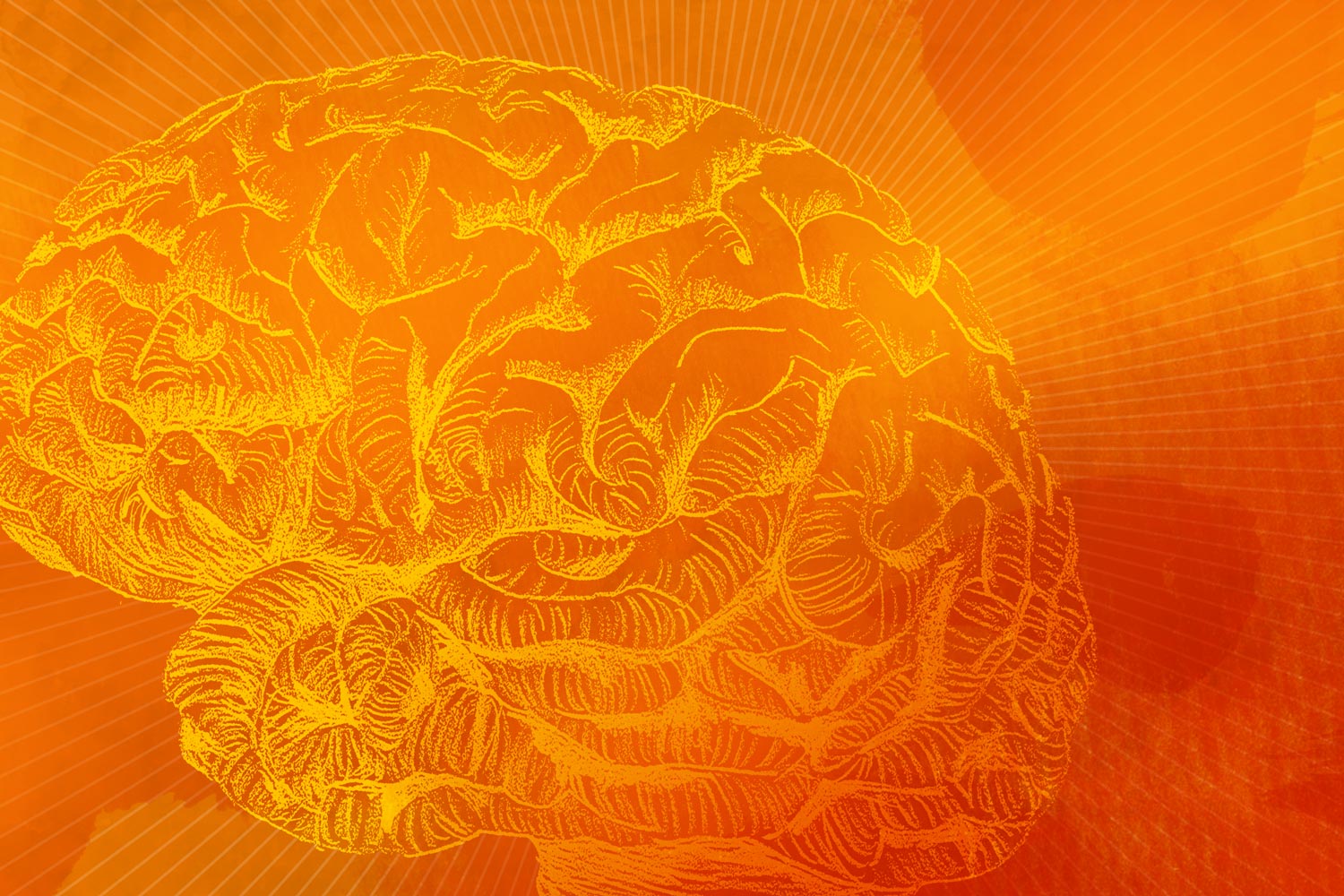A study focusing on the microbes in the gut uncovered its potential role in reversing aspects of aging-related brain deterioration and improving cognitive function.
The study appeared online in the journal Nature Aging.
“We conducted fecal microbiota transplantation from either young (3–4 months) or old (19–20 months) donor mice into aged recipient mice (19–20 months),” the Nature study states.
“Transplant of a microbiota from young donors reversed aging-associated differences in peripheral and brain immunity, as well as the hippocampal metabolome and transcriptome of aging recipient mice. Finally, the young donor-derived microbiota attenuated selective age-associated impairments in cognitive behavior when transplanted into an aged host,” the study also states.
“Our results reveal that the microbiome may be a suitable therapeutic target to promote healthy aging.”
Despite the findings, researchers caution more research is necessary for future work to be considered in human subjects.


